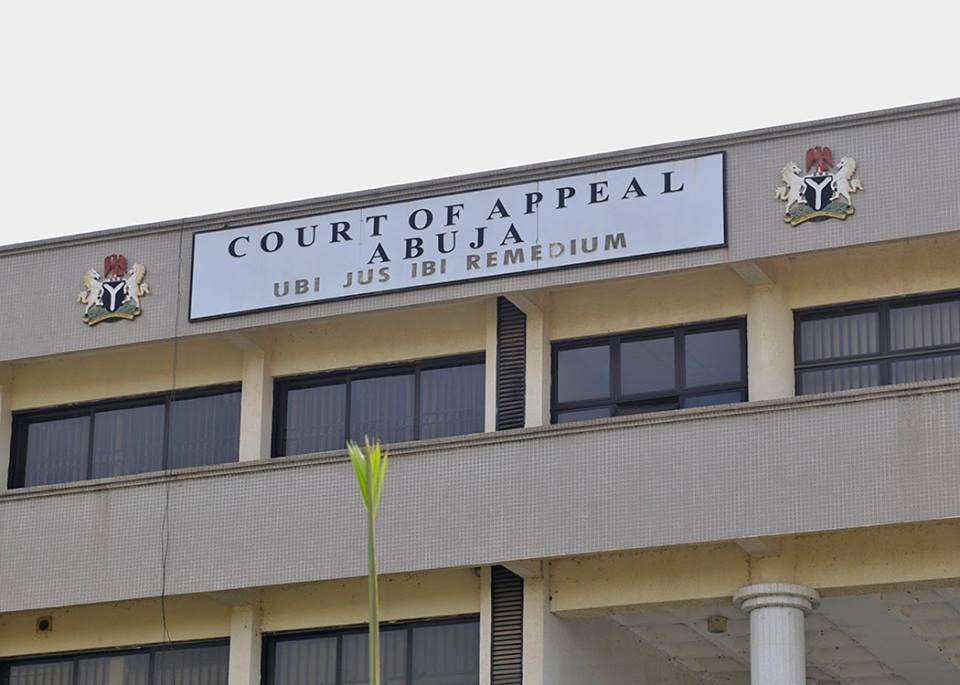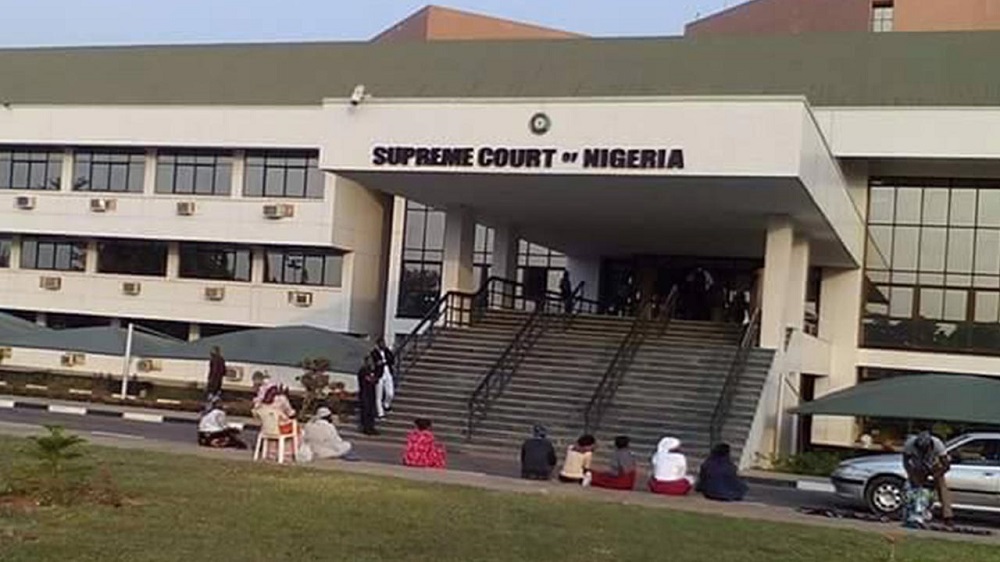Despite the statutory transfers of N120 billion to the Nigerian judiciary, e-filing or online filing of court processes has not begun at the Federal High Court Division, Abuja and the Supreme Court.
Although online filing of court processes and other judicial engagements have been canvassed by relevant stakeholders as the way to go for the Nigerian judiciary, it is not yet operational at the courts.
Advertisement
During the legal year in December 2021, the Chief Justice of Nigeria, CJN, Ibrahim Tanko Muhammad, represented by Justice Kashim Zannah, had commissioned a digital court room in the Abuja division while urging the courts to start e-filing and e-service of court processes.

However, checks on the court’s website by our correspondent showed that online filing of court processes is not yet operational.
A section on the website detailed “Weekly cause list”, “cause list archive”, “E-forms” and “E-judgment”, do not contain any valid portal or information, with the exception E-judgment.
Advertisement
The E-judgment contains several 2015 verdicts.
Lawyers still come to the court to submit their court processes manually but payments can be done online or electronically.
An official familiar with developments within the court told THE WHISTLER that funding is the major challenge hindering the implementation of e-filing of court processes and other online activities.
“The last administration started it but then the challenge is with implementation.
“It has to do with funding,” the official said.
Advertisement
Another official within the court told our correspondent that E-filing is underway, but that certain aspect of litigation will require the physical presence of parties.
“But stuffs like signing of affidavit, one has to be present in the court to sign it and also attach their passport to it,” the official added.
At the Supreme Court, our correspondent was told that parties or lawyers are still filing processes manually there.
Cornelius Adelaja, IT Program Analyst, Information and Communication Technology Unit, Supreme Court, told our correspondent that an application called the ‘Nigerian Case Management System’ is already running but the E-filing part of its module is yet to be activated.
“We are still doing manual filing.
“For now, we’ve not yet starting e-filing. The system is almost getting into completion,” he said.
Advertisement
He said the system is to take care of the E-filing aspect.
He explained that the other modules already running include the submission of a legal email through which “we can identify each lawyer digitally.”
Adelaja added that while the system requires adequate funding to run, it is still undergoing technical appraisal.
“Before you roll out such (system) for national use, it has to be subjected for test running.
“International developers are working on it,” he said.

At the Court of Appeal Abuja, an official within the ICT department told our correspondent, that the only aspect of E-filing operational is the aspect that automatically generates appeal numbers for cases.
“E-filing is operating partially, not fully operational,” the official said.
“What we do for now is to generate the appeal numbers,” adding that lack of manpower, technological systems are part of the reasons delaying the full use of E-filing.
N120 Billion Allocated To Judiciary In 2022
During the commencement of the Federal High Courts legal year 2021/2022 in Abuja on December 16, the Chief Judge of FHC, Justice John Tsoho, had said that despite the numerous projects in the judiciary, allocations to the court was “lean”.
“The training and retraining of judges and staff have continued, irrespective of the obvious lean budgetary allocation to the judiciary and the Federal High Court in particular,” Tsoho had said.
But the 2022 Appropriation Bill shows that a statutory transfer of N120billion was made to the National Judicial Council.
The NJC is the head of the Nigerian judiciary which is responsible for collecting, controlling and disbursing all monies, capital and recurrent, for the Judiciary.
“The Council prepares the Capital and Recurrent budget for the Federal Judiciary( Federal High Court, Court of Appeal and Supreme Court); and also the Recurrent budget for the State Judicial Offices (High Court of Justice, Sharia Court of Appeal and Customary Court of Appeal), in respect of their Consolidated Salaries, Allowances and Overhead cost,” the NJC website states.



